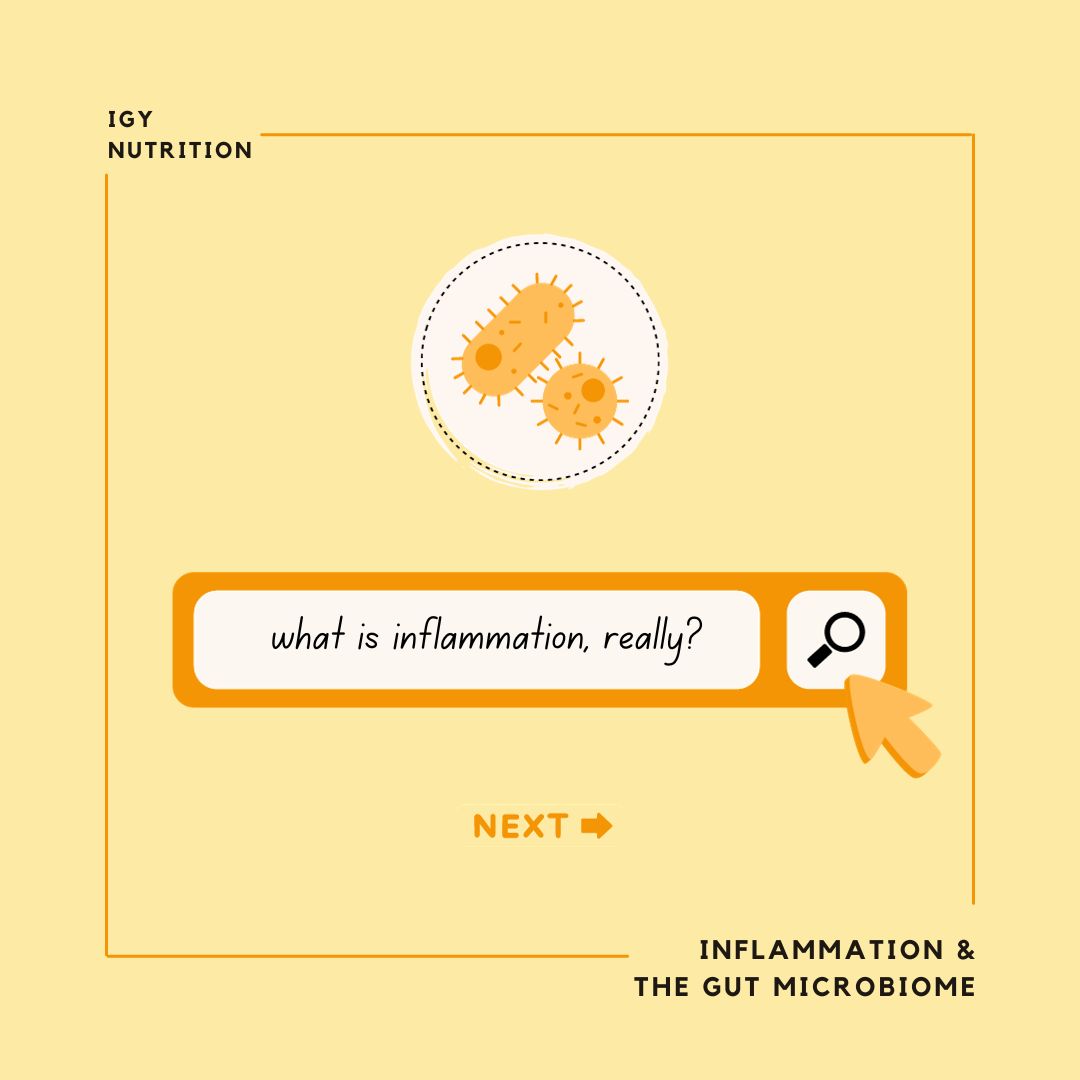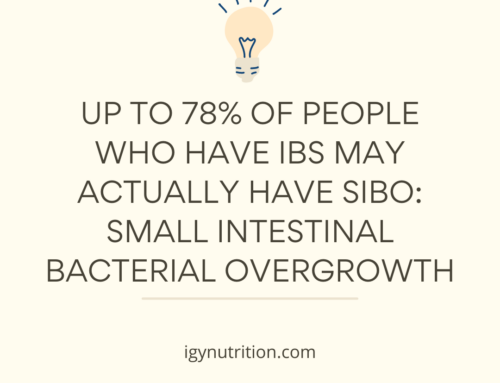You’ve likely heard of inflammation before – but what exactly is it, and why is it problematic? Let’s dive in.
What is inflammation, and is it unhealthy?
Inflammation is how the body responds to damage of some sort. Essentially, it’s the activation of your immune system.
Scraped your knee? It will become red and “inflamed” because your body is at work fighting off invaders and repairing damage at the site.
Inflammation is marked by increased blood flow (the swelling), capillary dilation (the redness), and an increase or infiltration of immune cells to the area. These cells go to work neutralizing invaders and repairing the damage.
You might be thinking – wait, I thought inflammation was a bad thing!
Inflammation is essential in the short term. You’ve got to fight the bad guys (invading pathogens) off and repair any damage they may have caused. But excessive or chronic inflammation is often maladaptive for health.
A chronic low-grade inflammatory state is a feature of many chronic conditions, such as metabolic syndrome, non-alcoholic fatty liver disease (NAFLD), type 2 diabetes mellitus, and cardiovascular disease.
In patients facing these diseases, addressing their chronic inflammation improves their state.
It’s apparent that chronic inflammation – that is, inflammation that lasts for a long time – is not beneficial. So how does it come about in the first place?
How does gut flora impact inflammation?
You guessed it – gut health plays a role.
Gut flora impact inflammation through a complex interplay between microbiota and the host’s immune system.
An imbalanced microbiome, aka dysbiosis, often upregulates inflammation so that it becomes chronic. Think about it – your body is always focusing on fighting off those nasty, harmful bugs!
Dysbiosis-induced chronic inflammation plays a role in several gastrointestinal disorders, from general GI discomfort to IBDs like ulcerative colitis.
Getting the microbiome right is integral to achieving healthy levels of inflammation.
Suppose you have dysbiosis. What can you do to regulate inflammation while you’re working on getting your gut health right?
What are your tips to avoid inflammation?
There are several steps you can take to reduce inflammation:
- Avoid antibiotics if possible
- Consume a diet high in plants
- Exercise regularly
- Consider a Mediterranean diet
- Consume plenty of polyphenols
- Avoid saturated fats
- Avoid trans fats
- Avoid highly processed foods
Quick note: polyphenols are anti-inflammatory compounds that come from plants. You can ensure that you’ve consumed an adequate amount by “eating the rainbow” – colors in plants represent their presence.
If you want to step up your game, talk with your health care professional about these supplements:
- Probiotics
- Prebiotics
- Resveratrol
- Curcumin
- Green tea
- Omega 3
And, of course, rebalancing your microbiome is crucial to lowering systemic inflammation. How can you do that? We’ve got a solution for you: IgY antibodies.
Scientists at IgY Nutrition realized that IgY antibodies could be used to address dysbiosis by neutralizing well-known bad actors in gut microbiomes. So, they created IgY Max.
IgY Max is a specifically immunized egg-based supplement containing antigen-specific antibodies that target and neutralize 29 dysbiotic pathogens commonly found in the human gut microbiome, including Klebsiella pneumoniae, Salmonella, various strains of Staphylococcus and Streptococcus, and more.
In non-science speak: IgY Max is a supplement (made of only egg yolk) containing antibodies that neutralize pathogens living in the gut. These pathogens could contribute to your digestive symptoms if you have them.
Upon consumption, IgY Max antibodies exert their anti-pathogenic activity throughout the entire length of the gastrointestinal tract. They have a high pathogen-antibody affinity and inhibit bacterial adhesion, suppress colonization, and neutralize each targeted pathogen thoroughly. Neutralized pathogens are expelled from the gut through the stool (your poop!).
The product’s elimination of pathogens allows beneficial microbes to flourish, which may help to restore microbial diversity to the microbiome and rebalance it. This positive shift in microbiome composition reduces dysbiotic pathogens’ initiation of gastrointestinal damage and amplifies healthy flora’s conferral of gastrointestinal benefits.
University-led studies of IgY Max confirm this, showing that IgY Max consumers’ beneficial flora, gut barrier integrity, and inflammation levels improved significantly over eight weeks of use.
Participants’ levels of inflammatory cytokines, high-sensitivity C-reactive protein, helpful bacteria counts in the stool, zonulin, histamine, and diamine oxidase improved substantially. Perhaps most importantly, participants’ symptoms improved upon use.
Consumers report a decrease in symptoms of dysbiosis following consistent consumption, including improved stool regularity and composition, decreased bloating and gas, and higher energy levels. Though unofficial, the abundance of positive Amazon reviews describing users’ alleviation of symptoms is a telling indicator of IgY Max®’s power to benefit consumers.
Tag us in your digestive health journey on Instagram @igynutrition! Happy mixing.




